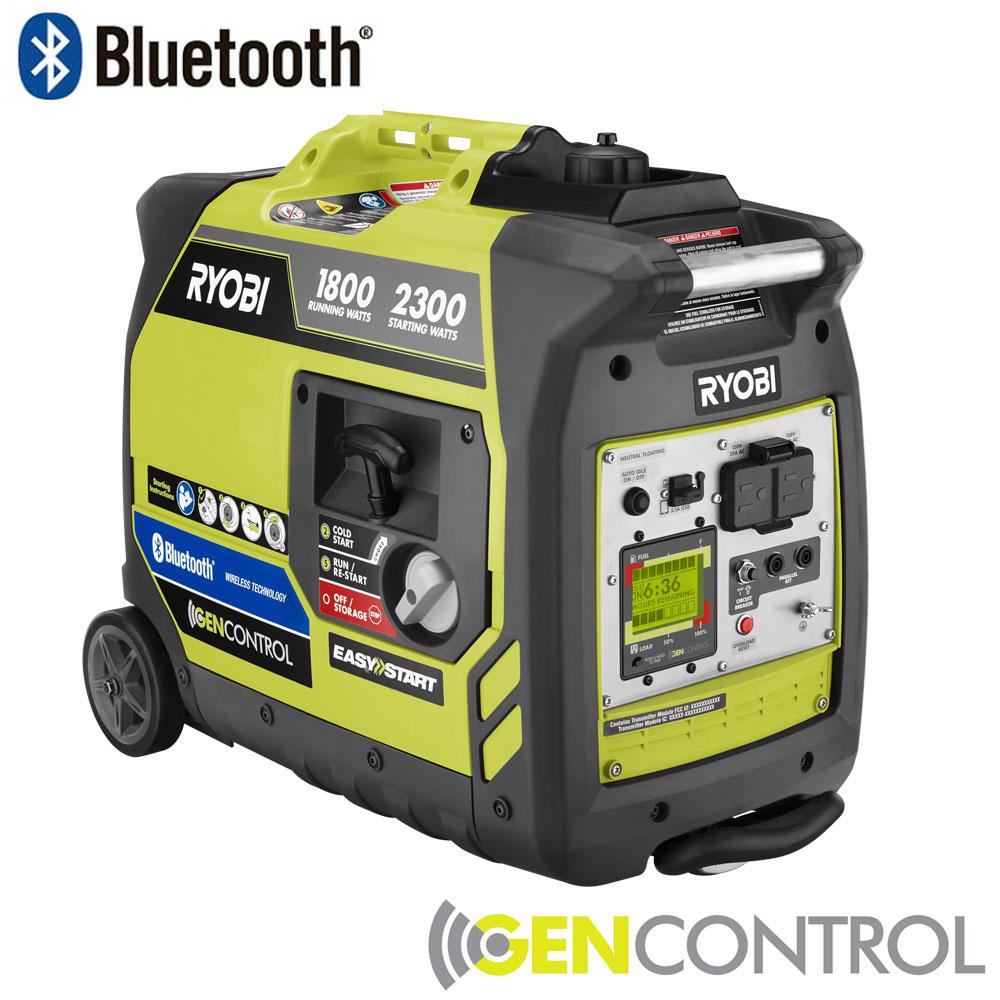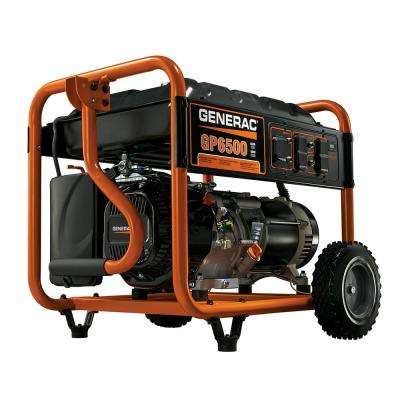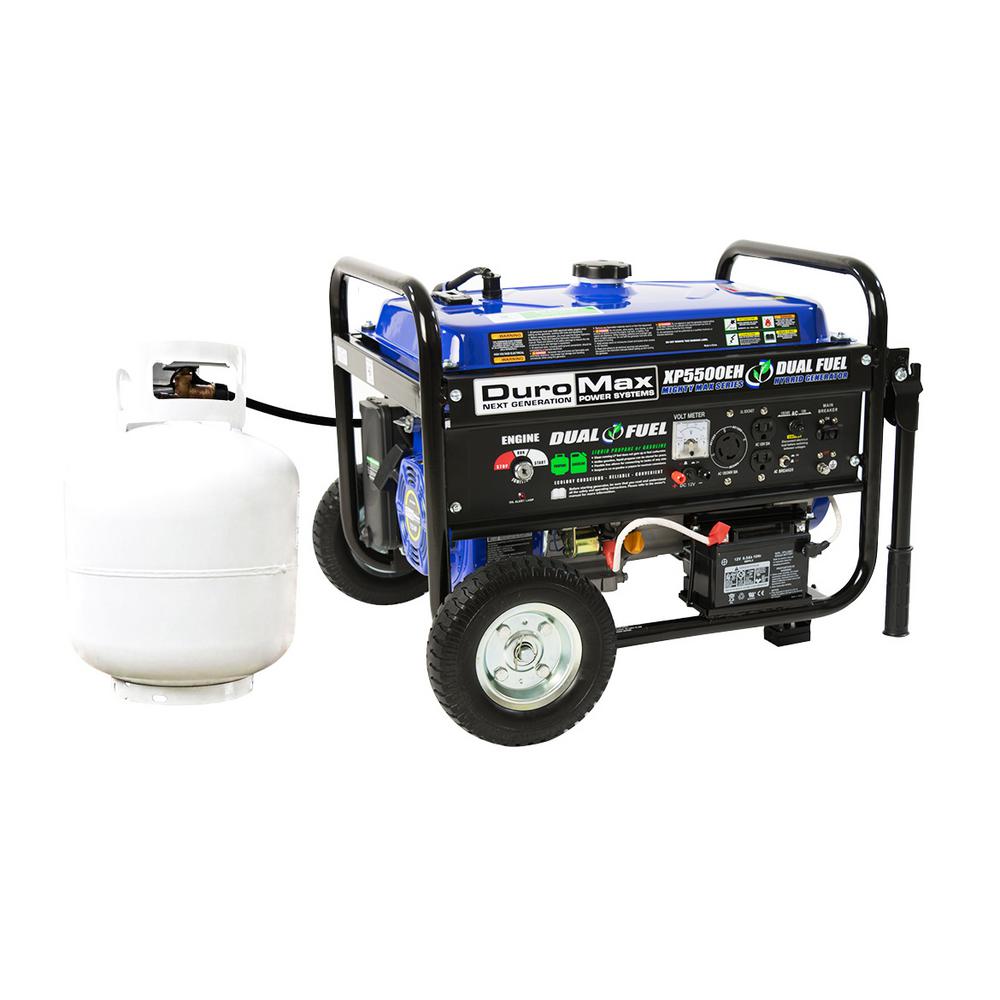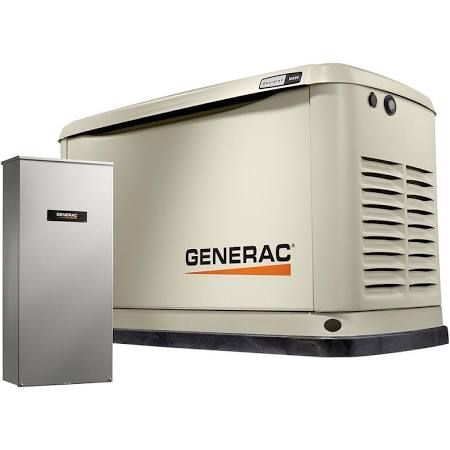Generator Safety Tips
Permanently Installed Standby Generator
1. To protect yourself, your family, and your property read and follow the safety instructions contained in the generator operations manual. Improper use or installation of an electric generator can cause property damage, serious injury and even death.
2. A qualified electrical contractor must perform the installation of an emergency permanently installed generator, disconnect and transfer switchgear.
2. Only an electrician is qualified to connect a generator an electrical panel. You could be electrocuted and also endanger our field employees.
3. Always follow local, state and national fire and electric codes. Permits are required.
4. Once installed, always disconnect from your metered electric utility service before starting your backup generator.
5. These generators should be repaired by a qualified repair person.
Portable Generators
1. To protect yourself, your family, and your property read and follow the safety instructions contained in the generator operations manual. Improper use or installation of an electric generator can cause property damage, serious injury and even death.
2. Do not connect portable generators to a power panel, only connect to an appliance.
3. Never run an electric generator inside a building – even in a garage. It is a hazard and violates safety codes.
4. Store gasoline and diesel in approved containers out of the reach of children. Never fuel the generator while it is running.
5. Extinguish all flames or cigarettes when handling fuel.
6. Ensure proper ventilation and airflow around the generator.
7. Stage a fully charged, approved fire extinguisher near the generator.
8. Use extension cords free of exposed wires and frayed shielding.
9. Never remove or tamper with a generator’s safety devices.
10. Do not attempt to repair a generator. A qualified technician should perform repairs and service as needed.
12. Generator engine parts are very hot during operation. Severe burns may result. Keep children away at all times.
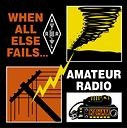
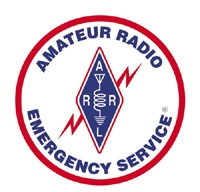 SUMTER COUNTY
SUMTER COUNTY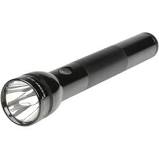
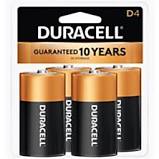
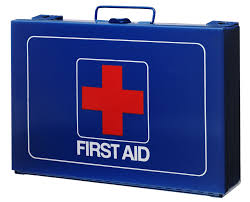

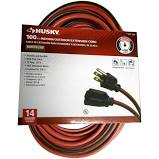 Generators
Generators
